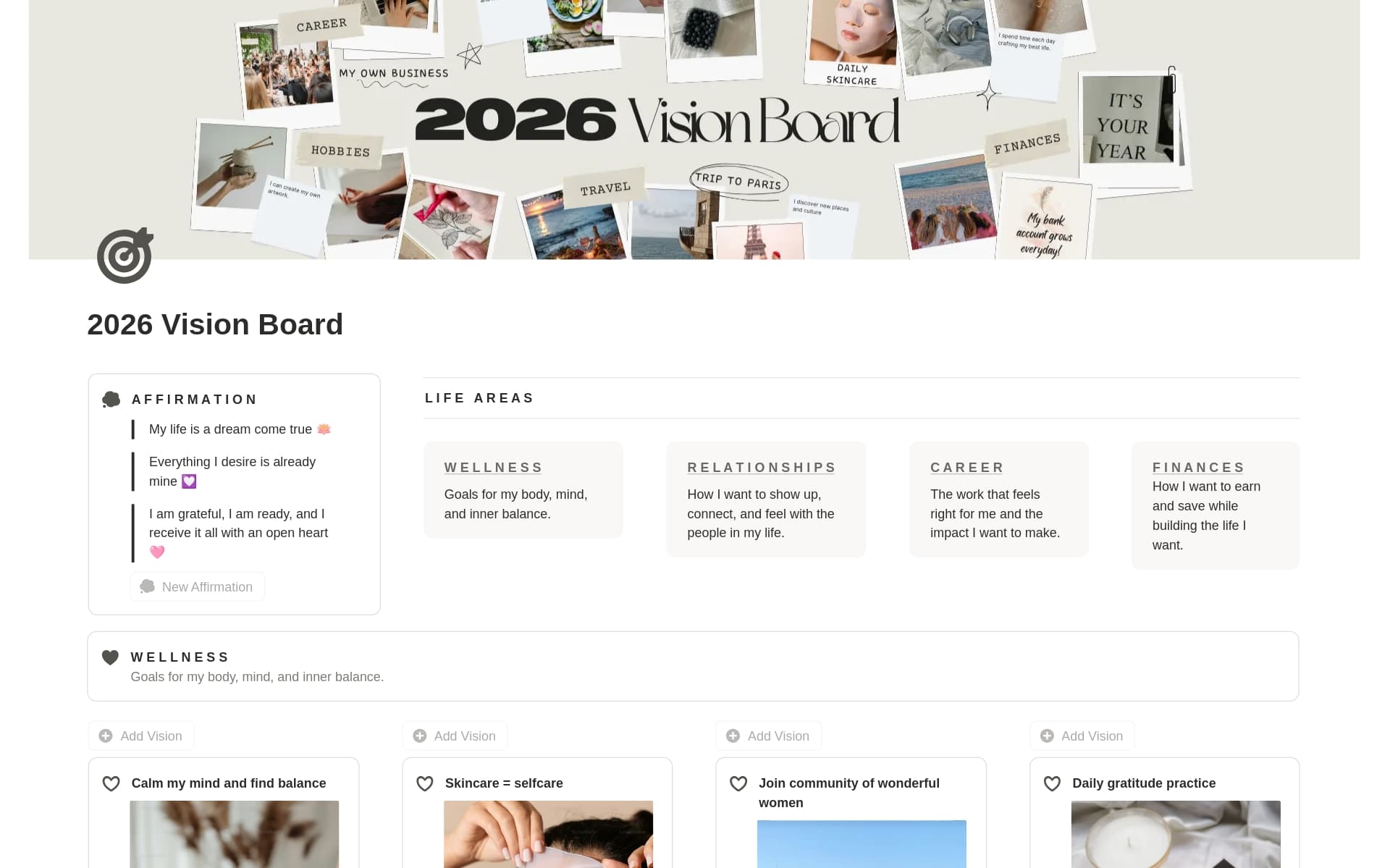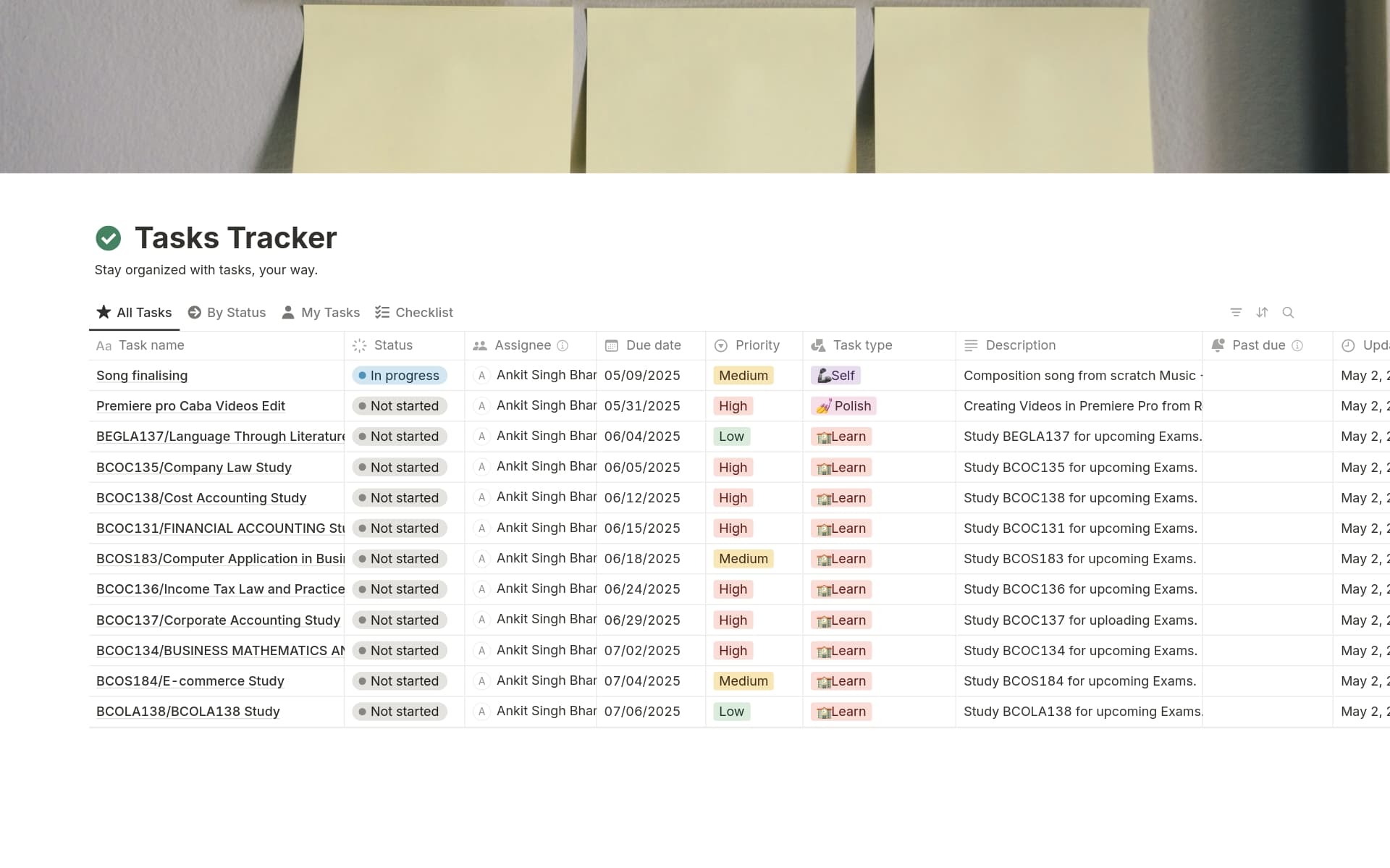For growth marketers, a Campaign Calendar is a systematic way to plan, track, and execute marketing campaigns efficiently. It facilitates the alignment of marketing efforts with business objectives, ensuring timely and consistent content delivery across various channels. A Campaign Calendar template on Notion can streamline this process, offering a structured yet customizable framework to manage all aspects of marketing campaigns from planning stages to execution and analysis.
Before you start creating your own Campaign Calendar template, it would be worthwhile to explore these Campaign Calendars below, designed to make the process more manageable and productive.
What Should Campaign Calendar Templates Include?
Choosing the right Campaign Calendar Template is crucial for streamlining your marketing efforts and ensuring that all campaign elements are harmoniously synchronized. Here are key components to look for in an effective template:
Timeline Overview: A clear visual timeline helps you see the start and end dates of each campaign, ensuring that overlapping activities are managed effectively.
Integration Capabilities: The template should easily integrate with other tools you use, such as email marketing software and social media platforms, to maintain workflow continuity.
Task Segmentation: Good templates help break down each campaign into manageable tasks, which can be assigned to different team members with deadlines and priorities.
Metrics Tracking: An essential feature that allows you to track performance indicators directly from the template, helping you measure the success of each campaign.
Selecting a template that offers these components will provide a robust foundation for your marketing campaigns, ensuring nothing is overlooked and every campaign is optimized for success.
What Should Campaign Calendar Templates Avoid?
Choosing the right campaign calendar template is crucial for effective marketing management. However, certain features can complicate rather than streamline your planning. Here are three key components to steer clear of:
Overly Complex Features: Avoid templates with excessive functionalities that you won't use. They can make the template cumbersome and difficult to navigate.
Non-Customizable Fields: Templates that don't allow you to modify fields can be restrictive and may not align with your specific campaign needs.
Lack of Integration Capabilities: Opt for templates that can integrate with other tools you use. Templates that lack this flexibility can isolate your campaign data and hinder workflow.
Remember, the best template is one that fits seamlessly into your existing processes and enhances your team's ability to execute campaigns efficiently.




